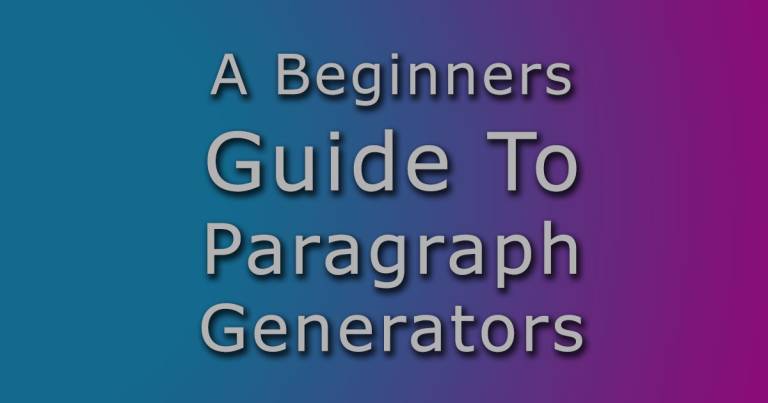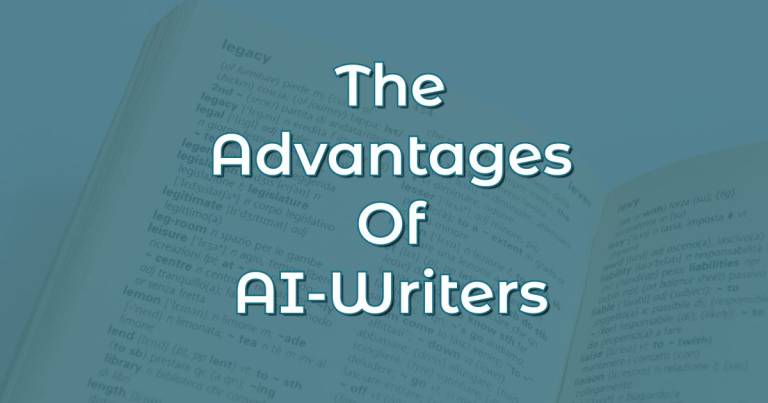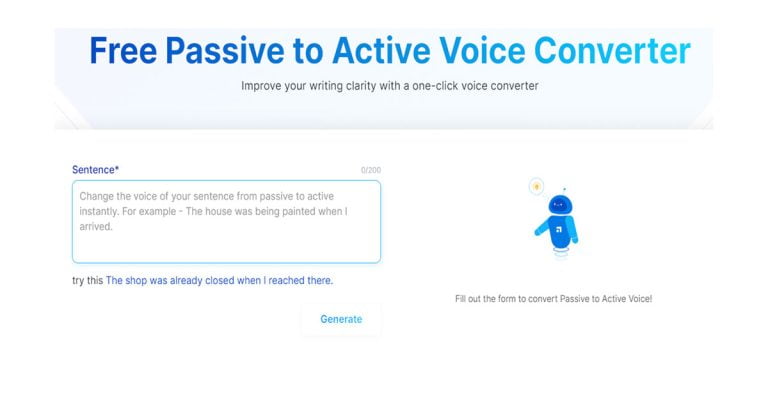Free First To Third Person Converter – 1st – 3rd Person Converter
What Is First To Third Person Converter
In writing, first person refers to the point of view where the narrator is speaking from their own perspective, using words like “I” and “we.” Third person refers to the point of view where the narrator is not a character in the story and uses words like “he,” “she,” and “they.”
First To Third Person Converter
A First to Third Person Converter is an innovative tool that allows users to seamlessly convert sentences from first person to third person. This powerful converter generates accurate results in a matter of seconds.
Simply add your sentence to the tool and hit ‘generate’ to get your output almost instantly. Whether you’re a student revising an essay or a professional editing a document, Scalenut’s converter makes it easy to switch between first and third person perspectives.”
First To Third Person Writing
First person to third person conversion refers to the process of changing a piece of writing from first person to third person point of view. This can be done for a variety of reasons, such as to create a more objective tone or to appeal to a wider audience.
To convert from first person to third person, you will need to replace all first-person pronouns (like “I,” “me,” and “we”) with third-person pronouns (like “he,” “she,” “they,” and “it”). You may also need to adjust verb tenses and other elements of the writing to fit the third-person point of view.
For example, consider the following sentence written in first person: “I went to the store to buy some milk.” To convert this sentence to third person, you could rewrite it as “She went to the store to buy some milk.”
So what do you mean verb tenses?
In English, verb tenses are used to indicate the time frame in which an action takes place. There are several different verb tenses in English, including the present tense, the past tense, and the future tense.
The present tense is used to describe actions that are happening now or actions that are always true. For example: “I am writing a letter.”
The past tense is used to describe actions that happened in the past. For example: “I wrote a letter yesterday.”
The future tense is used to describe actions that will happen in the future. For example: “I will write a letter tomorrow.”
When converting a piece of writing from first person to third person, you may need to adjust the verb tenses to fit the third-person point of view. For example, if a sentence is written in the first person present tense, “I am writing a letter,” and you want to convert it to third person, you might change it to “She is writing a letter.” If the sentence is written in the first person past tense, “I wrote a letter,” you might change it to “She wrote a letter.”
It’s important to pay attention to verb tenses when converting from first person to third person to ensure that the writing is grammatically correct and easy to understand.
Is there such a thing as second person?
Yes, there is such a thing as second person point of view in writing. In second person point of view, the narrator addresses the reader directly using the pronoun “you.” This is in contrast to first person point of view, where the narrator speaks from their own perspective using “I” and “we,” and third person point of view, where the narrator is not a character in the story and uses “he,” “she,” and “they.”
Second person point of view is not as common as first or third person, but it can be used effectively in certain types of writing, such as instructional guides or interactive fiction.
For example, consider the following sentence written in second person: “You are reading this sentence right now.” In this sentence, the narrator is addressing the reader directly and using the pronoun “you” to refer to them.
It’s important to choose the right point of view for your writing, as it can have a significant impact on the tone and style of the piece. Second person point of view can create a sense of immediacy and intimacy, but it can also be jarring or disorienting if not used carefully. Learn more about the best AI blogging tools available
Use the converter







